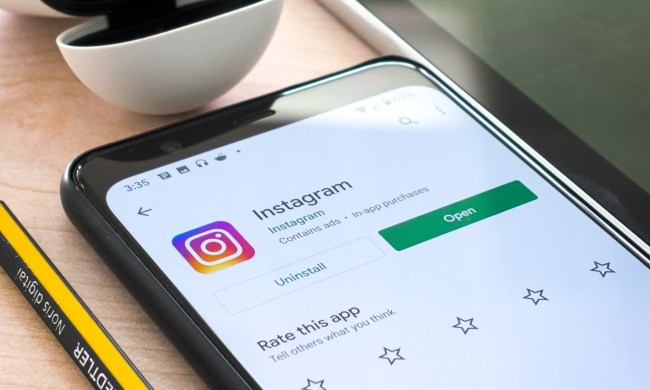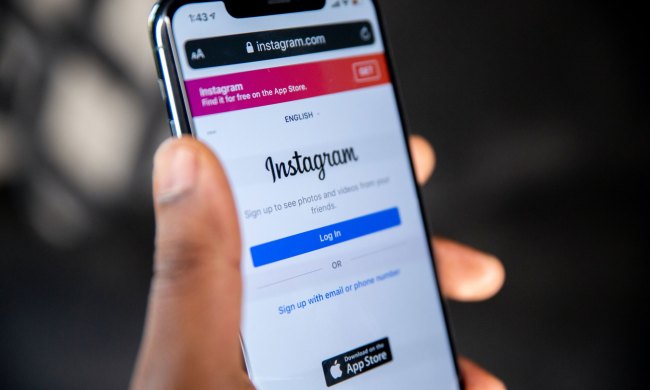
Creative Labs lasted all of two years, as the social network sought to create standalone apps that could rival the likes of Snapchat and Vine, reports CNET. However, none of its releases managed to create any popular impact, instead serving as mere footnotes in the company’s news cycle.
Unfortunately for Creative Labs, its apps didn’t fit Facebook’s mantra: “move fast and break things.” It didn’t help that Facebook’s major app acquisitions, including Instagram and WhatsApp, went from strength to strength while its original output toiled in the doldrums.
If you came across the likes of Slingshot or Rooms (perhaps you even downloaded them), you’d be forgiven for thinking that they were little more than well-polished takes on existing ideas. Slingshot for its part was a novel reboot of the Snapchat formula, allowing users to send photos and videos to friends on the condition that they sent visual messages back accordingly.
Room, which is due to shut down on December 23, was an anonymous group messaging service built on a QR code-activated, invitation-only premise. Riff, on the other hand, allowed users to collaborate on videos in the hopes of creating something viral.
Although it made headlines, Creative Labs was a modest undertaking within the larger Facebook framework. Its engineers and developers often admitted that the audience for their apps would remain small. Even Facebook stated that it didn’t expect its existing users to immediately take to the apps. In fact, it didn’t even offer much in the way of promotion for the division’s products, which in hindsight could be viewed as another reason for its downfall.
This doesn’t mark the end of Facebook’s love affair with standalone apps. The company claims it is still supporting its Paper newsfeed reading app and will still work with its Instagram-related properties, such as Hyperlapse and Layout.


